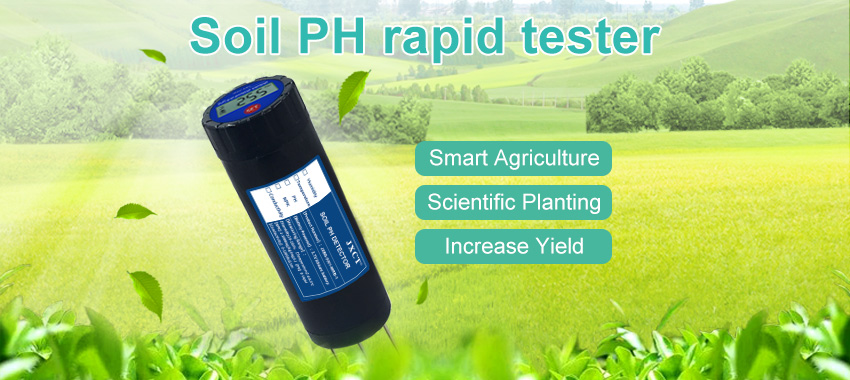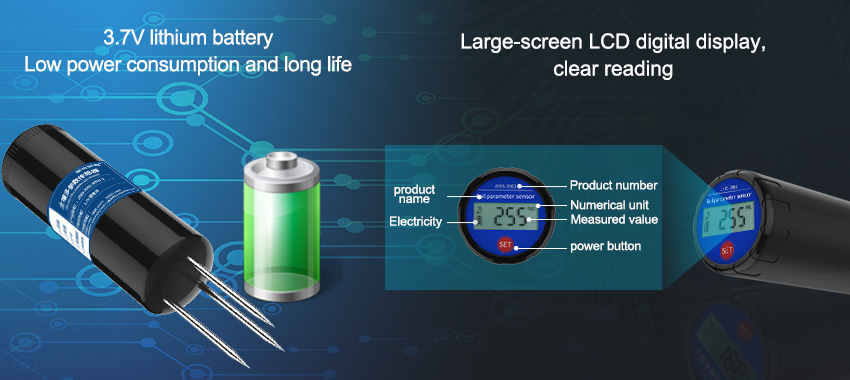Agriculture has always been a vital industry, providing food for billions of people around the world. However, with the ever-increasing global population and the challenges posed by climate change, traditional farming methods are no longer sufficient to meet the demands for sustainable food production. This is where smart farming and innovative technologies like soil sensors come into play. Soil sensors have revolutionized modern agriculture by empowering farmers to make data-driven decisions, optimize crop growth, conserve resources, and ultimately enhance overall productivity.

Understanding Soil Sensors:
Soil sensors are devices that are designed to measure and monitor various parameters of soil health and conditions. They are typically placed in the ground at different depths and can provide real-time data on crucial factors such as moisture content, temperature, pH levels, nutrient availability, and salinity. These sensors may utilize various technologies, including conductivity sensors, moisture sensors, temperature sensors, and nutrient sensors, to gather accurate and precise information about the soil environment.
Optimizing Irrigation:

Water management is one of the most critical aspects of successful crop production. Improper irrigation practices can lead to water wastage, reduced crop yields, and environmental damage. Soil sensors play a pivotal role in helping farmers optimize their irrigation practices. By continuously monitoring soil moisture levels, these sensors provide farmers with vital information on when and how much to irrigate. Instead of relying on guesswork or outdated methods, farmers can make informed decisions based on real-time data, ensuring that crops receive the right amount of water at the right time. This not only conserves water but also prevents overwatering, which can lead to root rot and other plant diseases.
Improving Nutrient Management:
The availability of essential nutrients in the soil directly affects plant growth and development.
